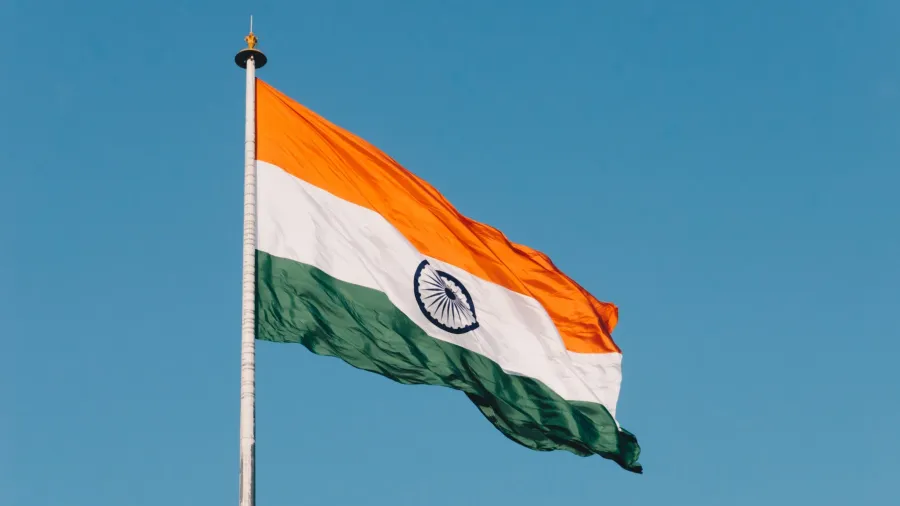
India’s banking system privatization plagued with capital, regulatory woes
They need to pump money into lenders before selling them if they want to make them more attractive to potential buyers, reports S&P.
India’s plans to privatize state-owned banks are fraught with challenges as the lenders’ weak financial performance, as well as current banking laws in the country, may deter potential buyers, analysts said.
"Selling stakes in these banks will be tough due to their weak financial performance and low equity valuations," said Nikita Anand, an analyst at S&P Global Ratings. "The process to amend banking laws to facilitate stake sales and dealing with labour unions could be time-consuming.”
Finance Minister Nirmala Sitharaman said in her budget speech in February that the government plans to sell two public sector banks in the fiscal year ending 31 March 2022.
Whilst the government has not yet disclosed the names of the two banks it plans to sell, local media reports have identified the Central Bank of India and Indian Overseas Bank as likely candidates, citing a government think tank’s recommendations. Bank of India is another lender that may be sold at a multi-stage process, according to S&P Global Market Intelligence.
In order to make these banks more attractive to potential buyers, regulators will first need to pump capital into the state-owned banks, S&P said.
"Whilst the government's precarious fiscal position may not allow substantial recapitalization prior to sale to improve their attractiveness to investors, it could nevertheless make the public sector banks more attractive by resolving the bigger bad loans before sell-off so that investors clearly know what their liabilities would be," said Alok Sheel, the RBI chair professor in macroeconomics at the Indian Council for Research on International Economic Relations, a New Delhi-based think tank.
Pumping capital will help attract investors who otherwise would have struck to more stable private banks, Chris Mallin, founder of macro consulting company CMMP Advisory, told S&P Global Market Intelligence.
"For potential foreign investors, India and Indonesia are the only genuine emerging market banking stories in Asia. But why would a foreign investor, looking for exposure to the Indian growth story, switch out of private sector banks that have shown their competitive advantage through consistent market share gains over time into banks that have lost market share and bring a series of legacy challenges?" said Mallin, who has reportedly been analyzing and investing in Indian financial services since the early 1990s.
System overhaul
The proposed sales are a part of the government's efforts to overhaul the state-dominated banking system, which has been plagued by rising bad loans and profitability challenges. This has forced the government to inject money to help them grow their lending—especially to priority sectors which private banks often ignore.
As a result, India has invested about $46.9b (3.5t rupees) as capital into state banks in the last five years, Anurag Singh Thakur, former junior minister for finance, revealed in February.
As part of the banking overhaul, India has already conducted three rounds of mergers amongst state banks to make them bigger and better, cutting their total number to 12 from 27 in 2017.
Regulatory challenges
India’s current banking regulations may also restrict the pool of potential buyers, with analysts citing the need to change laws to accommodate more favourable sale arrangements.
“Prior to a sale, the government will need to amend banking laws that require it to keep a minimum ownership stake of 51% in state-owned banks. While Finance Minister Sitharaman said the government would introduce legislative amendments for privatization, it has yet to bring the bills to Parliament,” S&P wrote.
Adding to their woes is the promise of opposition political parties and bank employee unions, including the main All India Bank Employees' Association to oppose the plan, citing concerns over job security.
Not all show
For one banking analyst, the government should focus less on the fiscal deficit and focus more on strengthening the weaknesses in its economy.
"The government should not sell the banks just to show its reform credentials. In fact, the government should dominate the sector," Mumbai-based independent banking analyst Hemindra Hazari told S&P. "If the country needs additional spending by the government, it should simply do it, rather than focusing on fiscal deficit, which is just a number."
Instead, the government should keep capitalizing on its lenders as they play a key role in funding infrastructure projects and in providing access to banking in economically weaker remote areas of the nation, Hazari said.
India's fiscal deficit came in at 9.3% for the financial year ended 31 March, significantly higher than the 3.5% that the government had planned for the year, mainly due to the COVID-19 pandemic. For the current fiscal year ending 31 March 2022, the government expects the fiscal deficit to ease to 6.8%.
Shares of state-run lenders that may be sold have gained this year, S&P noted. Year-to-date, shares of Indian Overseas Bank, Central Bank of India and Bank of India have gained 141.91%, 85.11% and 50.15%, respectively.
Photo courtesy of Naveed Ahmed (Unsplash)








![Cross Domain [Manu + SBR + ABF + ABR + FMCG + HBR + ]](https://cmg-qa.s3.ap-southeast-1.amazonaws.com/s3fs-public/styles/exclusive_featured_article/public/2025-01/earth-3537401_1920_4.jpg.webp?itok=WaRpTJwE)









 Advertise
Advertise


